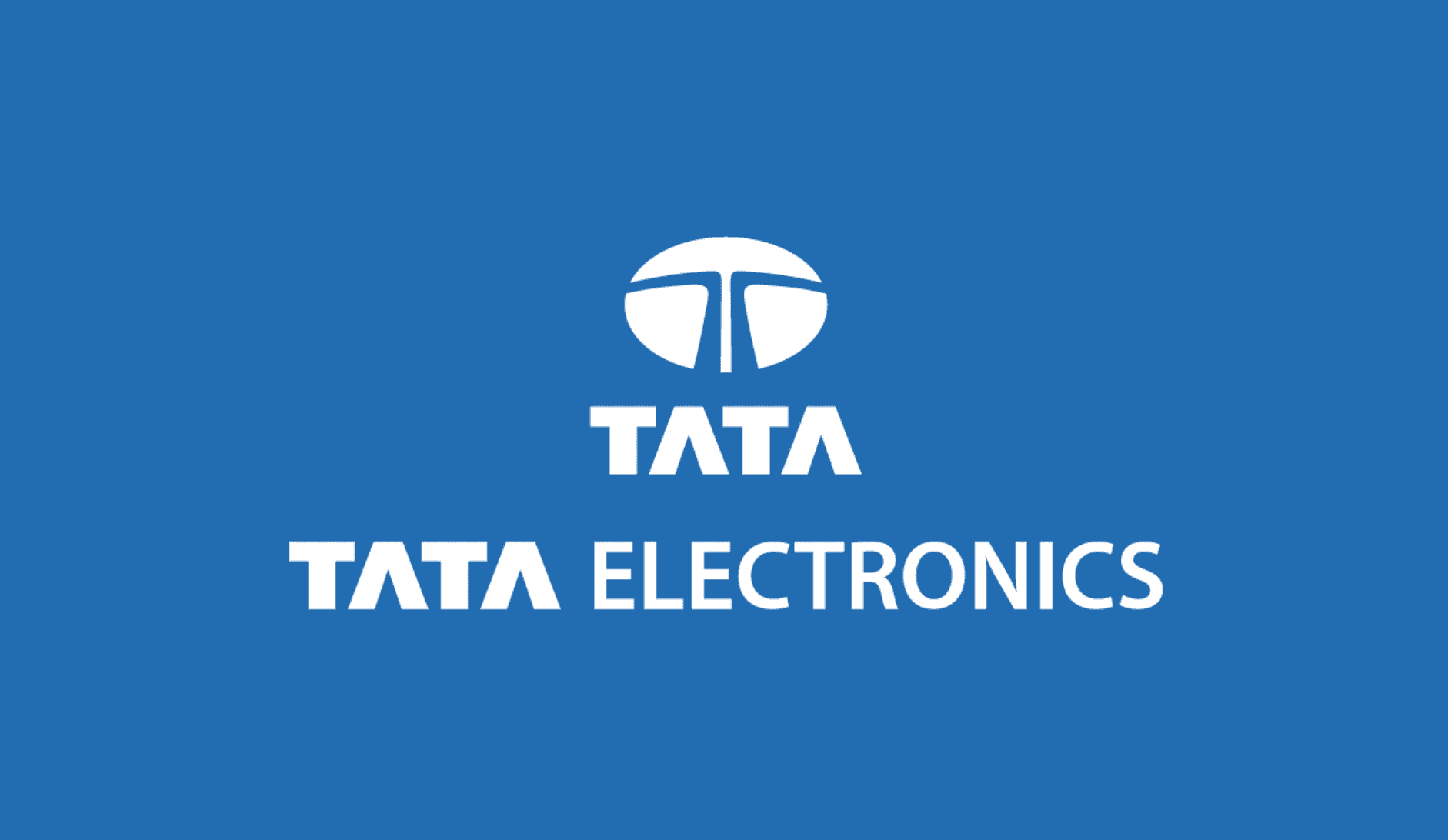Tata Electronics Pvt Ltd has acquired a 60% stake in Pegatron Technology India, enhancing its iPhone production capabilities and solidifying its role in the Indian electronics sector. This strategic acquisition positions Tata as a key supplier for Apple and strengthens India’s position in the global electronics market, particularly as a competitor to China.
The move follows Tata’s earlier purchase of Wistron’s India operations and is expected to contribute to job creation and technological advancement in the Indian economy. Overall, it marks a significant shift in the landscape of electronics manufacturing in India.
Tata’s Expansion in iPhone Manufacturing
Tata’s Acquisition of Pegatron India
Tata Electronics now owns 60% of Pegatron India which will greatly increase how many iPhones they can make in India. This follows Tata’s earlier purchase of Wistron’s India operations. These two deals show Tata’s big push into making electronics in India. Pegatron is one of Apple’s key partners for assembling iPhones. This partnership with Tata will help Apple diversify its manufacturing base, which is currently heavily concentrated in China.
The Impact on iPhone Production
This acquisition is important for a few reasons:
- More iPhones made in India: With Tata owning most of Pegatron India, they can make many more iPhones.
- India as a manufacturing hub: This deal helps India become a bigger player in global electronics manufacturing.
- Tata’s growing influence: Tata is becoming a major force in the Indian electronics industry.
This deal is expected to boost India’s economy and create new jobs. It also shows that big companies are confident in India’s ability to make high-tech products.
Comparing Tata’s Manufacturing Partners
Tata now works with two major companies that make iPhones: Pegatron and Wistron. Here’s a quick look at each:
| Company | Tata’s Ownership | Key Focus |
|---|---|---|
| Pegatron India | 60% | iPhone assembly |
| Wistron India | 100% (acquired) | iPhone assembly |
Having two partners gives Tata more flexibility and capacity for making iPhones.
What This Means for Apple
Apple is working to make its supply chain less reliant on China. By working with Tata, Apple can make more iPhones in India. This helps Apple avoid problems that might come up from having most of its manufacturing in one place. It also allows Apple to better serve the growing Indian market.
Questions You Might Have
- Will this make iPhones cheaper in India? It’s possible that making more iPhones in India could lead to lower prices, but many things affect the final cost.
- Will this create jobs in India? Yes, this deal is expected to create many new jobs in the electronics manufacturing sector.
- Is this good for India’s economy? Yes, this type of investment helps boost the economy and shows India is a good place for manufacturing.
Beyond iPhone Assembly: Tata’s Broader Electronics Ambitions
Tata’s move into iPhone manufacturing is part of a larger plan. They want to be a big player in all kinds of electronics manufacturing. This includes making parts for other devices, not just iPhones. This broader strategy positions Tata as a key player in the global electronics supply chain. They are aiming to become a major force in electronics manufacturing, not just in India, but on a global scale. This includes the possibility of expanding into other areas such as chip manufacturing and other high-tech components. This acquisition of Pegatron India is not just about making more iPhones; it’s about Tata building a strong and diverse electronics business for the future.
Short Summary:
- Tata Electronics acquires 60% of Pegatron Technology India, enhancing its iPhone manufacturing capacity.
- This acquisition is part of Tata’s strategic growth in the electronics manufacturing arena in India.
- Leading executives from Pegatron will continue to operate in India, ensuring a smooth transition.
Tata Electronics Pvt Ltd (TEPL) has made headlines with its recent acquisition of a 60% controlling stake in Pegatron Technology India, further driving the Indian conglomerate’s ambitions within the electronics manufacturing sector. Announced on January 24, 2024, this strategic move aims to bolster Tata’s capacity in iPhone production, aligning with increasing demand from Apple Inc. as the tech giant diversifies its manufacturing footprint beyond China.
In a statement, Randhir Thakur, the CEO and Managing Director of Tata Electronics, emphasized the importance of this acquisition:
“The acquisition of a majority stake in Pegatron Technology India fits into Tata Electronics’ strategy of growing our manufacturing footprint.”
He further expressed excitement about embarking on “a new era of AI, digital, and technology-led manufacturing” in India as Tata expands its operations.
Pegatron Technology India is currently involved in the production of popular iPhone models, including the iPhone 13 and iPhone 14, at its facilities near Chennai in Tamil Nadu. With this acquisition, Tata Electronics adds Pegatron’s facilities to its existing portfolio, which already includes plants established through the previous acquisition of Wistron’s operations in Karnataka. The move signifies a concerted effort by Tata to become a pivotal player in Apple’s global supply chain.
The financial specifics of the deal remain undisclosed, but the strategic implications are clear: Tata Electronics is not just seeking to enhance its manufacturing capabilities, but also aims to strengthen its partnership with Apple. This acquisition comes on the heels of recent approvals from the Competition Commission of India (CCI), which allowed Tata to proceed with the stake purchase. This regulatory green light is critical as it showcases Tata’s compliance with local laws in expanding its footprint.
Historically, Pegatron has been a crucial assembly partner for Apple, carrying out significant manufacturing activities in India. The Taiwanese company has three plants in India, collectively employing thousands of workers. Notably, the workforce at Pegatron India will remain intact post-acquisition, allowing for continuity in operations and technology transfer. Industry insiders indicate that retaining key personnel with extensive operational expertise enables Tata to maintain production efficiency while inserting its strategic vision.
The Pegatron acquisition underlines Tata Electronics’ aggressive growth plans, especially following last year’s purchase of Wistron’s assembly business. Pegatron’s India plant, with nearly 10,000 employees, positions Tata to boost its output significantly, complying with Apple’s ongoing push to minimize reliance on Chinese manufacturing due to geopolitical tensions. According to sources familiar with the transaction, the integration of Pegatron’s team into Tata’s existing framework will allow for an optimized workflow, enhancing overall productivity.
Furthermore, the collaboration is aimed at rebranding Pegatron Technology India to align with Tata’s vision while promising to uphold the high-quality manufacturing services that Pegatron offers. This rebranding initiative is expected to reflect not just a change in ownership but also a shift towards an innovative operational ethos that combines traditional manufacturing with cutting-edge technology.
The strategic move by Tata Electronics is not solely about increasing production capacity; it aligns with the Indian government’s ‘Make in India’ initiative, which aims to elevate local manufacturing. As Apple looks to ramp up domestic iPhone production, Tata’s expanded presence as a local supplier echoes the changing dynamics in global supply chains. Reports indicate that Apple, pushing beyond a 40% growth rate in its domestic iPhone production last year, exported over $12 billion worth of iPhones in 2023 from India alone. As Apple’s manufacturing ecosystem flourishes, it is creating significant employment opportunities with a focus on diversity, having established over 175,000 new direct jobs over four years, highlighting a commitment to fostering an inclusive workforce.
As the market reacts positively, industry experts are keenly observing Tata Electronics’ next steps following this acquisition. The company has set ambitious goals to enhance its production capabilities amidst a rapidly changing global landscape for technology manufacturing. With the integration of Pegatron, Tata aims not only to increase its output but also to attract further investments in advanced manufacturing technologies, positioning itself as a formidable competitor against established players like Foxconn in India.







